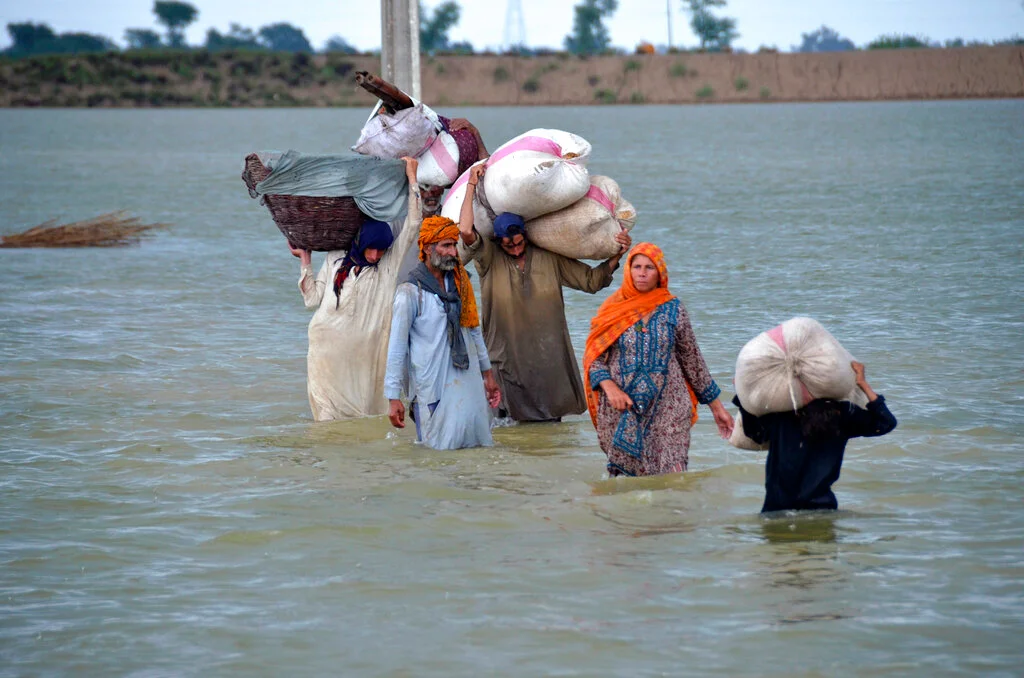WHO’s concern over rising diseases in flood-hit areas
The World Health Organization (WHO) has expressed concern over an impending second disaster of water-borne diseases in Pakistan after devastating floods that have caused widespread damage in several parts of the country.
In a statement by WHO chief Tedros Adhanom Ghebreyesus, the global health control body said water supply has been disrupted in flood-affected areas of Pakistan, forcing people to drink unsafe water that could cause cholera. and other diseases.
WHO has warned people in the flooded areas of Pakistan, precisely the worst-hit province of Sindh, to pay special attention.
Tedros stressed on Saturday that standing water serves as a breeding ground for mosquitoes and spreads vector-borne diseases such as malaria and dengue, and urged donors to continue responding generously to “save lives and prevent further suffering”.
Separately, the WHO director-general tweeted that he was “deeply concerned about the potential for a second disaster in Pakistan, the spread of disease and the threat of life after the floods” and called for timely support to address the problem. “If we act quickly to protect the health system and provide essential services, we can reduce the impact of this coming health crisis,” he tweeted.
The situation in Pakistan remains grim as devastating floods have wreaked havoc across the country, particularly in Balochistan and Sindh provinces.
WHO’s concern over rising diseases in flood-hit areas
At least 1,545 people have been killed by the floods across Pakistan and an estimated 16 million children have been affected. The WHO immediately released $10 million from the WHO Emergency Fund for emergencies, enabling the global health agency to ship essential drugs and other supplies to the country.
